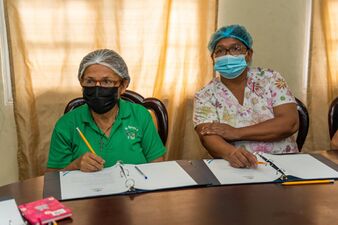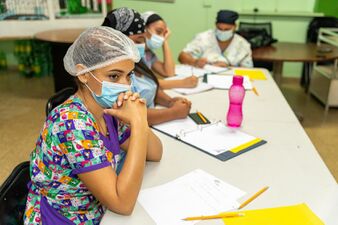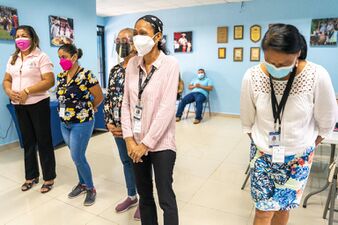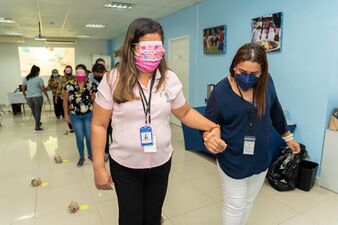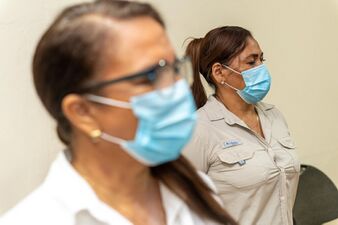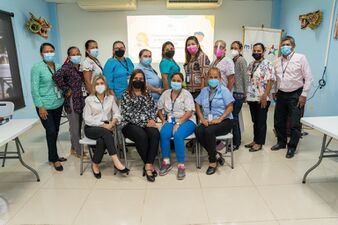Educating Caregivers working in orphanages: Difference between revisions
(Updated solutions) |
(Updated problems) |
||
| Line 20: | Line 20: | ||
=Project Gallery= | =Project Gallery= | ||
|Problems= | |Problems=204413,199867 | ||
|Solutions=199871 | |Solutions=199871 | ||
|organization_id=125861 | |organization_id=125861 | ||
Revision as of 17:43, 28 June 2023
| Organization | Transicion a la Vida |
|---|---|
| Region | Panama |
| Website | Website |
| N/A | |
| ProjectLeader | Laura Vente |
| Linked Problems & Solutions
|
|---|
Transicion a la Vida is an organization fully dedicated to supporting youth placed in orphanages. Working for 10 years with different institutions across Panama, experience has shown that working only with youth resolves one part of the problem. By educating their caregivers with whom they spend the majority of the time, we ease the transition from living in an institution and give them the best chance to become independent members of society.
Challenge
Caregivers have one of the main roles in the psychosocial development of institutionalized youth, which plays a huge factor in their ability to integrate back into society. Such an important role requires tools, education and mental preparedness, which they lack. The majority of caregivers are women coming from rural, low-income areas with minimum education so the job exceeds their capacity, leading them to burn out and develop hostility towards the youth they are supposed to care for.
Long-Term Impact
Received donations will be used for our long-term goal where we want to ensure that each institution has proper education for caregivers. That means more than 40 institutions with over 300 educated caregivers who will directly have an impact on 2000 children placed in orphanages.
References
- http://www.transicionalavida.org
- http://www.transicionalavida.org
- https://youtube.com/shorts/QBPWttpqifU?feature=share
- https://www.instagram.com/transicionalavida/?hl=en
Project Gallery

